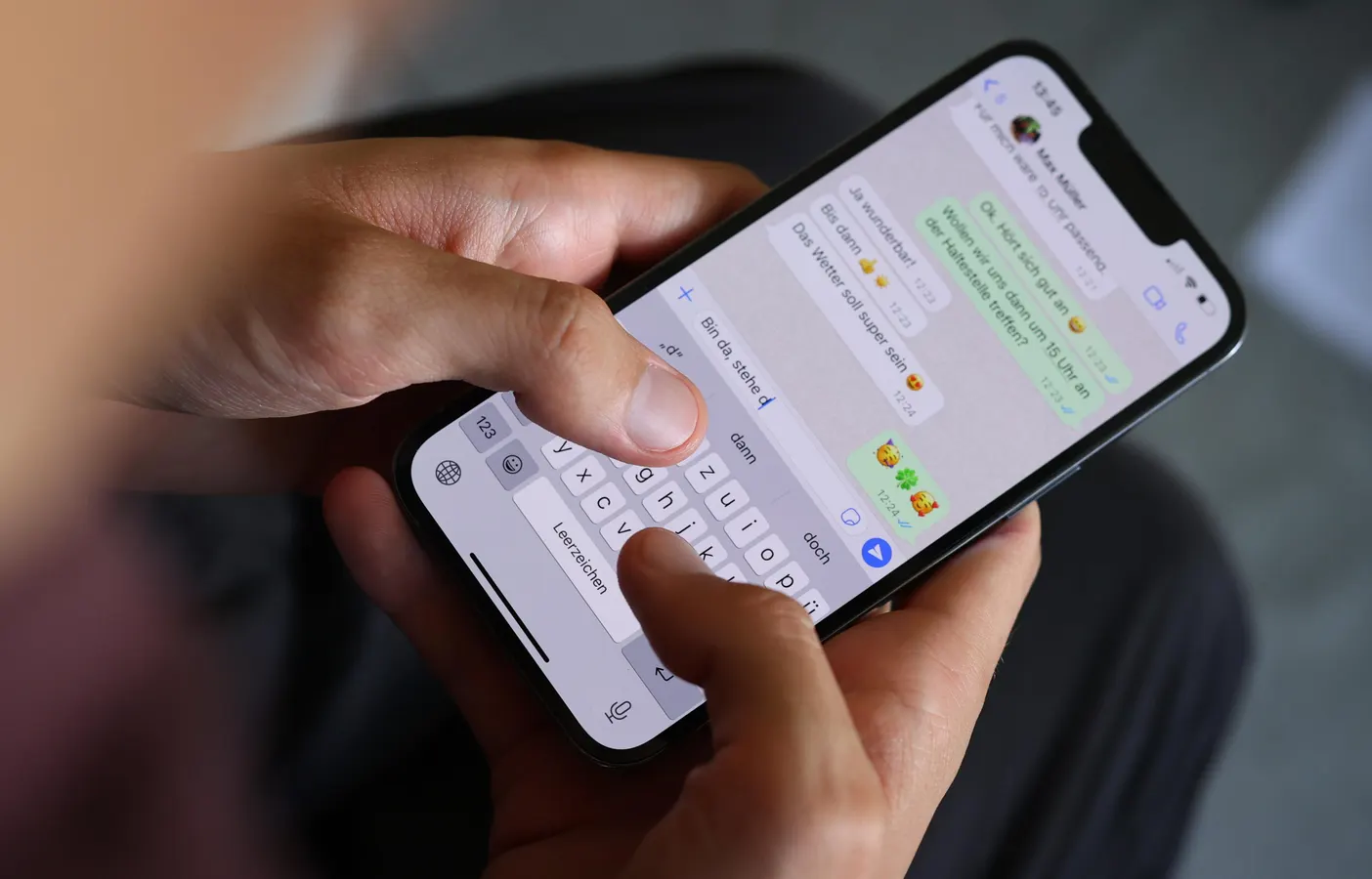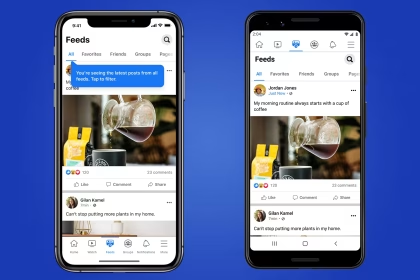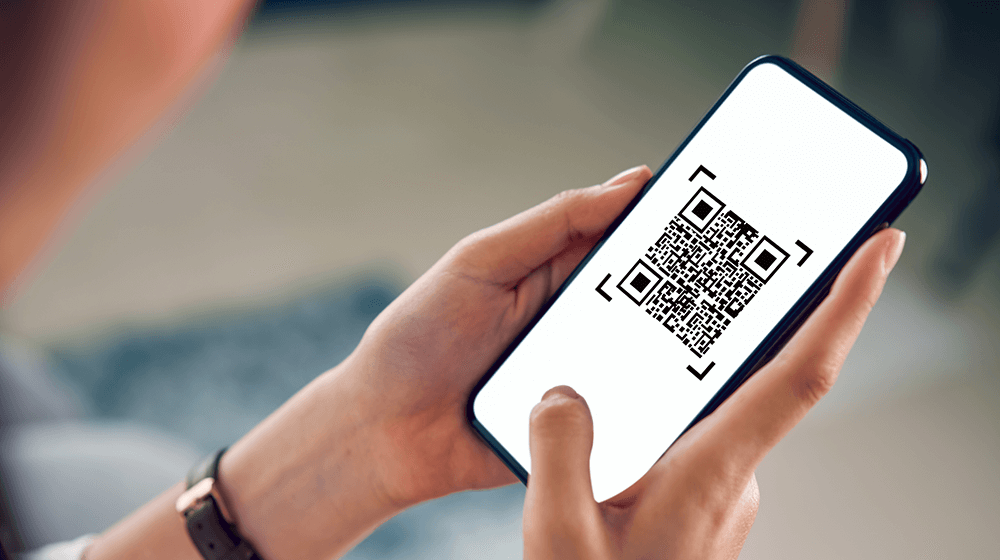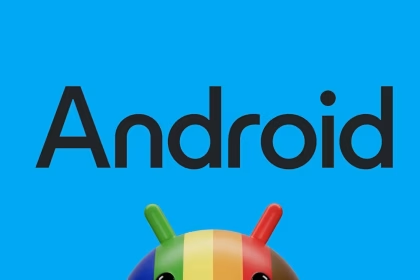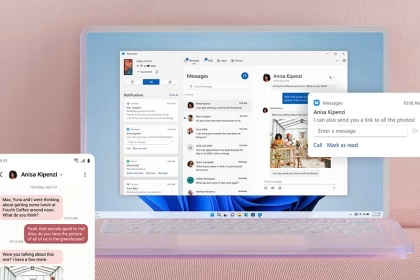Translating messages in WhatsApp directly enhances your ability to communicate across language barriers without constantly switching between apps.
While WhatsApp doesn’t offer built-in translation features, several effective methods exist for both Android and iPhone users to translate messages seamlessly.
Using Your Device’s Native Translation Tools
Android devices integrate Google Translate functionality that works directly with WhatsApp. To translate messages:
- Long-press the message you want to translate
- Tap Copy
- Open your device’s recent apps menu and select Google Translate
- The message automatically appears in the translation field
- Select your target language if needed
iPhone users with iOS 15 or later can use the system-wide translation feature:
- Long-press the WhatsApp message
- Tap Copy
- Open Control Center by swiping down from the top-right corner
- Tap the Translate button
- The copied text appears ready for translation
Both platforms also support translating text within images using their respective camera translation features, useful for screenshots or picture messages containing text.
Setting Up Translation Shortcuts
Creating shortcuts significantly speeds up the translation process. On Android:
- Install Google Translate if not already available
- Open Settings > System > Languages & input
- Tap Translation preferences
- Enable Tap to Translate
- Return to WhatsApp, highlight text, and the translation icon appears immediately
For iPhone users:
- Add Translate to your Control Center via Settings > Control Center
- Create a Shortcuts automation that triggers when copying text from WhatsApp
- Configure the shortcut to automatically open Translate with the copied text
These optimizations eliminate several steps from the translation process, making cross-language communication nearly frictionless.
Third-Party Translation Apps That Integrate With WhatsApp
Several specialized apps offer deeper WhatsApp integration than native tools:
- Microsoft Translator provides conversation translation where multiple people can join a translated chat room
- iTranslate offers keyboard extensions that translate text as you type
- TransKey replaces your keyboard with one that translates in real-time
These apps typically require additional permissions to function properly:
- Notification access (to read incoming messages)
- Overlay permissions (to display translations on screen)
- Accessibility services (to automate translation actions)
Review these permission requirements carefully before installation to ensure you’re comfortable with the access levels required.
Real-Time Translation During Calls
WhatsApp video and voice calls can also benefit from translation tools:
- Google Live Transcribe & Sound Notifications works during WhatsApp calls to provide real-time transcription
- Microsoft Group Transcribe can translate conversations during group calls
- Timekettle WT2 Edge earbuds provide hardware-level translation during calls
These solutions help bridge language gaps during live conversations, though the accuracy varies depending on background noise and speaking clarity.
Language-Specific Translation Tips
Different language pairs require different approaches for optimal translation:
- For languages with non-Latin alphabets (Arabic, Chinese, Japanese), use apps with optical character recognition capabilities
- European languages generally translate with higher accuracy using Google’s tools
- For specialized terminology or technical discussions, DeepL often provides more accurate translations
- When translating slang or colloquialisms, Microsoft Translator’s conversational mode typically performs better
The most effective translation method often depends on the specific languages you’re working with and the conversation context.
Handling Translation Privacy Concerns
Using translation services means sharing conversation content with third parties. To maintain privacy:
- Use offline translation modes when available (Google Translate and Microsoft Translator both offer this)
- Avoid translating sensitive personal information when possible
- Review the privacy policies of translation services you use regularly
- Consider using end-to-end encrypted translation services for sensitive conversations
Remember that most translation services store translated text temporarily to improve their algorithms. If privacy is paramount, offline translation options provide the most secure alternative.





